By Fr. John-Luke
Saint John has a great importance in Christian spirituality, and one of his many contributions is giving us an example of Christian Hope. If there is one thing that stands out in St John’s personality it is that he is a fighter, the characteristic of the person who lives by Hope. John, therefore, shows us a lot about the spiritual combat. We see this especially in the Book of Revelation, but also in the First Letter of Saint John. In his writings, Saint John presents us with a combat between two different persons. There is first of all the devil, who is our primary enemy, but there is also a fight with ourselves, conquering our heart. It’s sort of like the wrestling match in Genesis between God and Jacob, and that wrestling match took place especially when Jacob had to return and reconcile with his brother, a wrestling match within fraternal charity. I wanted to look briefly at this spiritual combat as it is presented in the writings of St John and first of all in his First Letter, particularly in Chapter 2, verses 7-17.
In the beginning of this text, in verse 7, St John speaks about the new commandment, and says that it is no new commandment but an old commandment, and then he says it is a new commandment. So which is it? Was John getting a little senile? The commandment is about brotherly love – fraternal charity. It obviously goes back to the time of Cain and Abel, but John is reminding us that even though this commandment was given from the beginning, we have never lived it out. Until the coming of Christ, man did not know what perfect love was – “By this we know love, that he laid down his life for us; and we ought to lay down our lives for the brethren” (1 JN 3:16). It was an old commandment, but it was never fulfilled until Christ, and by His grace, it can be fulfilled in us – “I am writing you a new commandment, which is true in him AND IN YOU, because the darkness is passing away and the true light is already shining” (1JN 2:8). He who hates his brother is in the darkness. We can all understand that, but the word for hate in Greek (μισεω) means hate, despise, disregard, OR to be indifferent to – “am I my brother’s keeper?”. I think there are times when we can all find ourselves disregarding or being indifferent to someone – what does their existence mean to me? We can be lukewarm towards people we don’t necessarily have a vested interest in. Christ expects more from us, and especially from us who bear Christ’s name as Christians.
The love St John is calling us to have for God and for our brothers is AGAPE, divine love, and the only example we have of this love is that of Christ – “By this we know love, that he laid down his life for us!” (1Jn 3:16) and again “IN THIS IS LOVE, not that we loved God, but that he loved us!” (1JN 4:10). Perfect love is love that is given gratuitously, without counting the cost and without expecting anything in return, and is love that has no other reason than the goodness in our hearts. God loves us not because our deeds caused Him to love us, but because He is good in Himself, and that goodness is seen in gratuitous love. He has given us the capacity to imitate Him in choosing to love someone to the point of laying down our life for them simply because they exist and not because they have done something for us to merit that love. We recall Saint Paul’s total amazement in God’s love for us when he says, “Indeed, only with difficulty does one die for a just person, though perhaps for a good person one might even find courage to die. But God proves his love for us in that while we were still sinners (enemies of God) Christ died for us” (Romans 5:7-8).
Immediately after this lesson on love, St John then presents to us a kind of image of the three levels of Christian Grace – little children, young adults, and fathers (1John 2:12-14). We become little children by the forgiveness our our sins – “your sins are forgiven for his sake (δια το ονομα αυτου – because of his name)” It is by the pure goodness of God that we are forgiven, and this goodness of God humbles us and makes us like little children in front of the infinite love of God. We become fathers “because we know him who is from the beginning (τον απ’ αρχησ).” This is the sign of wisdom because we acknowledge Who is the source of all, Who is First, Who is the true Source of Life. We then judge all things in the light of this wisdom. We become young men “because we are strong, the Word of God abides in us, and we have overcome the Evil One.” This is the maturity we are called to have in grace. We remain little children by God’s Love, but His Love also makes us strong, and he expects us to fight. Here we see an opposition between Evangelical Childlikeness and the Spoiled Brat. God will not put up with the spoiled brat. He wants us to be little children, who are humble, but who are also able to be responsible for the life He has given us.
The direct opposition to these three dimensions of Christian Grace is love (αγαπη) for the world (1John 2:15-17). By giving AGAPE, divine love, to the world, you enter into idolatry. That is the sense that I will DO ANYTHING for the things of the world – “What would it profit a man if he gains the whole world and loses his soul?” Saint John ends this letter with an appeal to be cautious and to protect yourself from idolatry (“Little Children, be on your guard against idols!”). “If anyone loves the world, love for the Father (η αγαπη του πατροσ) is not in him.” That’s like an image of mortal sin – the Father’s Love that was poured into our hearts by the Holy Spirit has been chased away or replaced by our love for the world. It does not mean that the Father has ceased to love us, but we have chosen to give agape to the world instead of to the Father. The love in our hearts that rightfully belongs to the Father has been handed over to idols in the world.
“All that is in the world, the lust of the flesh and the lust of the eyes and the pride of life, is not of the Father but is of the world.” The lust (covetousness) of the flesh is an attack against the Evangelical Childlikeness. It leads to a disordered affectivity like that of a 40 year old who acts like at 15 year old. It is the affectivity at the service of a self-centeredness or selfishness – “I want this; I want that; I have to have this; I have to have that!” Everything revolves around him. The “Lust of the Eyes” is an attack against the Young Man. It accompanies our desire to conquer the world and possess its glories for ourself. The pride of life is an attack against the Spiritual Fatherhood. I sit back and look at all that I have produced by my intelligence and cleverness or by my resources, and consider myself to be the number one, the source of all things. It becomes a self-idolatry. I have so much power, so much authority, so many people under my control. In the end, the love for the world is actually a love for ME. I project myself upon those things that I love, and this is what has to be converted and purified by God.
Saint John is so important for our day and time because he unmasks for us the tactics of the Evil One. Saint John shows us in his writings how the Devil seeks to perform a kind of caricaturization of the works of God and His grace. God seeks to make us little children, and the Devil seeks to make us like little children, but never in the same way. The same can be said about how God makes us Fathers and Young Men, and the Devil seeks to do the same but in a way that perverts the true fatherhood and young man in us. Let us always follow the path of humility by calling upon the Holy Spirit, the Source of True Love, to purify in our hearts all that is not from Him.

